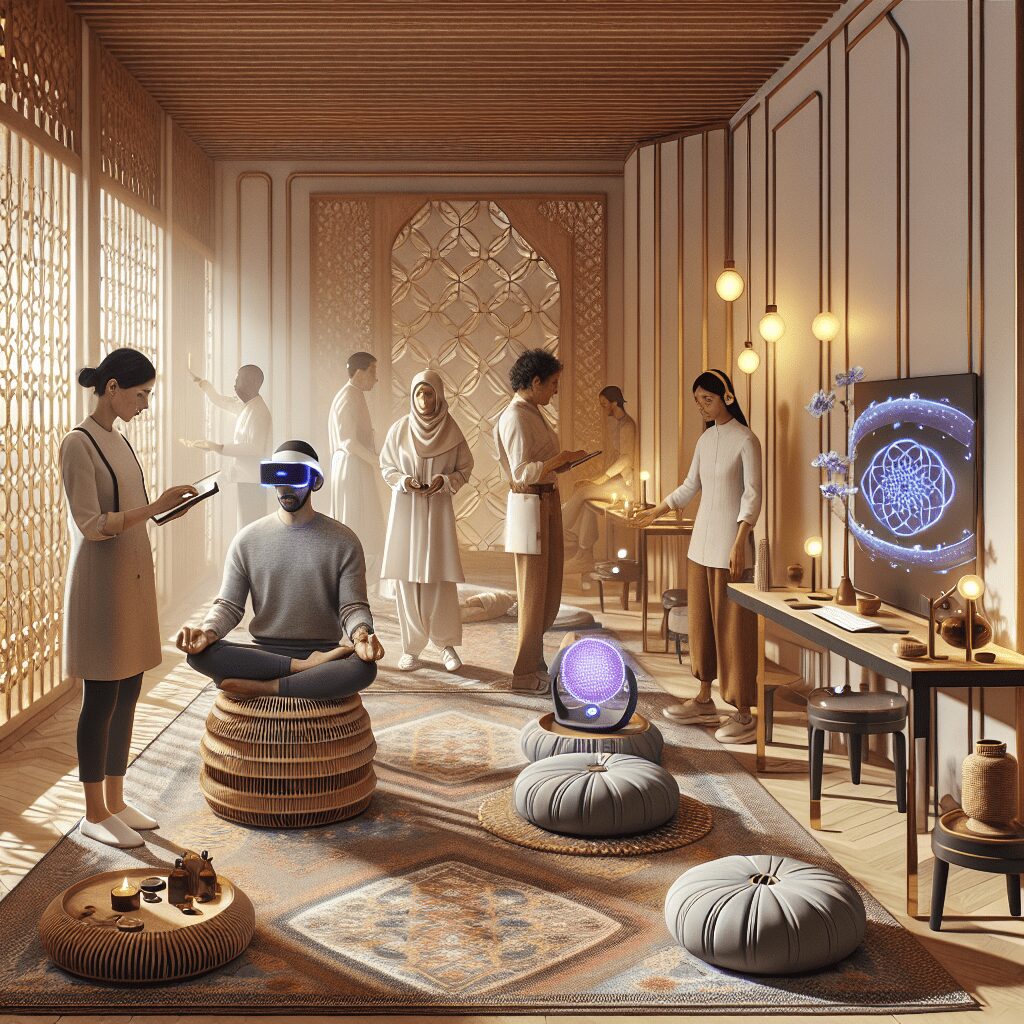
Prioritize your mental well-being daily. Enhance your life by nurturing your mental health with the Smart Meditation app. Break free from stress, alleviate anxiety, and enhance your sleep quality starting today.
Can You Drink If You Take Antidepressants?
Mixing Booze and Blues: The Lowdown on Alcohol and Antidepressants
Navigating the waters of mental health treatment often feels like trying to solve a Rubik’s Cube blindfolded. Throw alcohol into the mix, and the complexity levels skyrocket. It’s no secret that folks on antidepressants frequently face the booze dilemma. So, let’s dissect this Gordian Knot, shall we?
The Cocktail Conundrum: Alcohol Meets Antidepressant
First off, if you’re on the antidepressant train, hats off to you for taking steps toward better mental health. These meds, though not magic pills, can be game-changers. But, ah, the million-dollar question lingers: Can you enjoy your tipple while on these pills?
Here’s the deal: Combining alcohol and antidepressants is akin to mixing oil and water – they don’t mix well. Antidepressants, depending on their class (SSRIs, SNRIs, MAOIs, etc.), work by altering the balance of neurotransmitters in the brain, which affects mood and emotional response. Alcohol, on the other hand, is a central nervous system depressant. In the simplest terms, while your antidepressants are trying to lift you up, alcohol is pulling you down.
Diving into the Details: Why It’s a No-Go
-
Potentiation of Side Effects: Antidepressants come with their own set of side effects. Alcohol can magnify these effects, leading to increased sedation, dizziness, and even a spike in depressive symptoms. Ever heard of adding fuel to the fire? Well, this is it.
-
Interference with Medication Efficacy: There’s a reason your doc told you to stick to the prescribed regimen. Alcohol can interfere with how your medication works, potentially rendering it less effective. That means all the progress you’ve made could take a hit.
-
Risk of Serotonin Syndrome: This is a serious concern, especially with SSRIs. Mixing these with alcohol could increase the risk of serotonin syndrome, a potentially life-threatening condition characterized by high levels of serotonin in the brain.
-
Worsening Depression and Anxiety: It’s an ironic twist – many folks drink to “drown” their sorrows or calm their nerves, but alcohol can actually exacerbate depression and anxiety symptoms over time. Talk about a boomerang effect.
The Verdict: To Sip or Not to Sip?
It boils down to this: while an occasional drink might not throw you off the cliff, regular or heavy drinking is a no-fly zone. Remember, moderation is key, and in this case, even more so. Before you decide to raise a glass, have a heart-to-heart with your healthcare provider. They can give you the lowdown on how alcohol might interact with your specific medication.
Furthermore, consider that abstaining or cutting back on alcohol could actually bolster your treatment’s effectiveness. So, you might find that skipping the happy hour isn’t such a bad trade-off after all.
In the grand scheme of things, managing mental health is a delicate balance. So, before you decide to mix your meds with merlot, think about how it could affect your journey to wellness. Your brain (and your future self) might just thank you for it.




